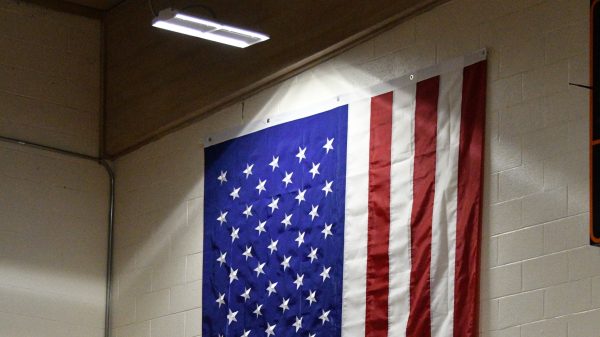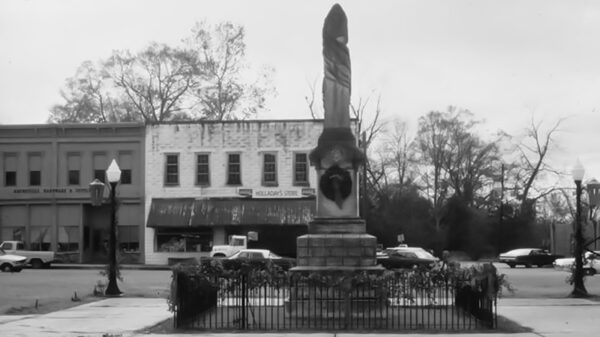By Susan Britt and Brandon Moseley
Alabama Political Reporter
Both Houses of the Alabama Legislature passed decennial reapportionment plans in the Special Session which ended last week. Alabama State Senator Rodger Smitherman (D) from Birmingham opposed both the redistricting plans for the Alabama Senate and the Alabama House of Representatives. Sen. Smitherman told ‘The Alabama Political Reporter’ that he feared that all African-Americans in the state will be disenfranchised as a longterm result of the new reapportionment plans.
Sen. Smitherman said, “What they have done is take African-American voters out of many of the districts that they are trying to change to be predominantly Republican districts that are Democratic districts now.” The Birmingham Democrat said, “They don’t ask you if you are Republican or Democrat they have just totally disenfranchised those voters to the point where they moved some of them to districts that are predominantly Republican and they are upset about it. Those people are totally disenfranchised. They will be at the mercy of that district.”
Sen. Smitherman said that the redistricting plan will result in Alabama no longer having a viable two-party system. Sen. Smitherman said that the reapportionment plan: “is designed to have a system that is split up where African-Americans are on one side (Democrats) and everybody else is on the other side (Republicans)”….. “As a result you have segregation.”
Sen. Smitherman, and the Alabama Democrats as a group, claim that Republicans packed as many minority voters as possible into majority minority districts because most Alabama Blacks vote for Democrats, while most Alabama Whites vote for Republicans. Increasing the percentage of White voters in the 27 majority white Senate Districts they claim increases the likelihood that Republicans will win those districts, leaving Alabama with one political party dominated by Whites and one political party that is dominated by Blacks.
Sen. Smitherman said, “Now you have a situation where 27 people (Senators representing majority white districts) are going to be ignoring the other 8 (Senators representing majority minority districts). All African-Americans in the state are going to be disenfranchised and then you are going to have an acceleration of the efforts to hinder African-Americans the opportunity to vote.”
Sen. Smitherman said that the reapportionment plan, along with efforts to challenge the preclearance requirement of the 1965 Voting Rights Act, requirements to present a photo ID to vote, and poll watchers would have “a chilling effect on African-American’s opportunity to participate in our election process.”
Critics of that sentiment say that Alabama has changed. That the sort of racial tension and even violence that made Alabama ground zero in the 1960s Civil Rights Movement are a thing of the past. White Alabamians cheer Black football players playing for Alabama and Auburn and both Black and White families purchase homes on the same streets.
Sen. Smitherman disagrees. “I promise you nothing has changed but time.” “The reason that we don’t have some of the older problems is because of other federal laws. If they were removed we would go backwards in time in this state. The effort is being made now to take us back. Without a fight many African-American voters will continue to be disenfranchised. The people who want to disenfranchise the African-American voters will accelerate. We still have the same problems.”
Sen. Rodger Smitherman is serving his fifth term in the Alabama State Senate. The Birmingham Democrat was the President Pro Tempore of the Senate until the Republicans were swept into power in the 2010 election.


















































